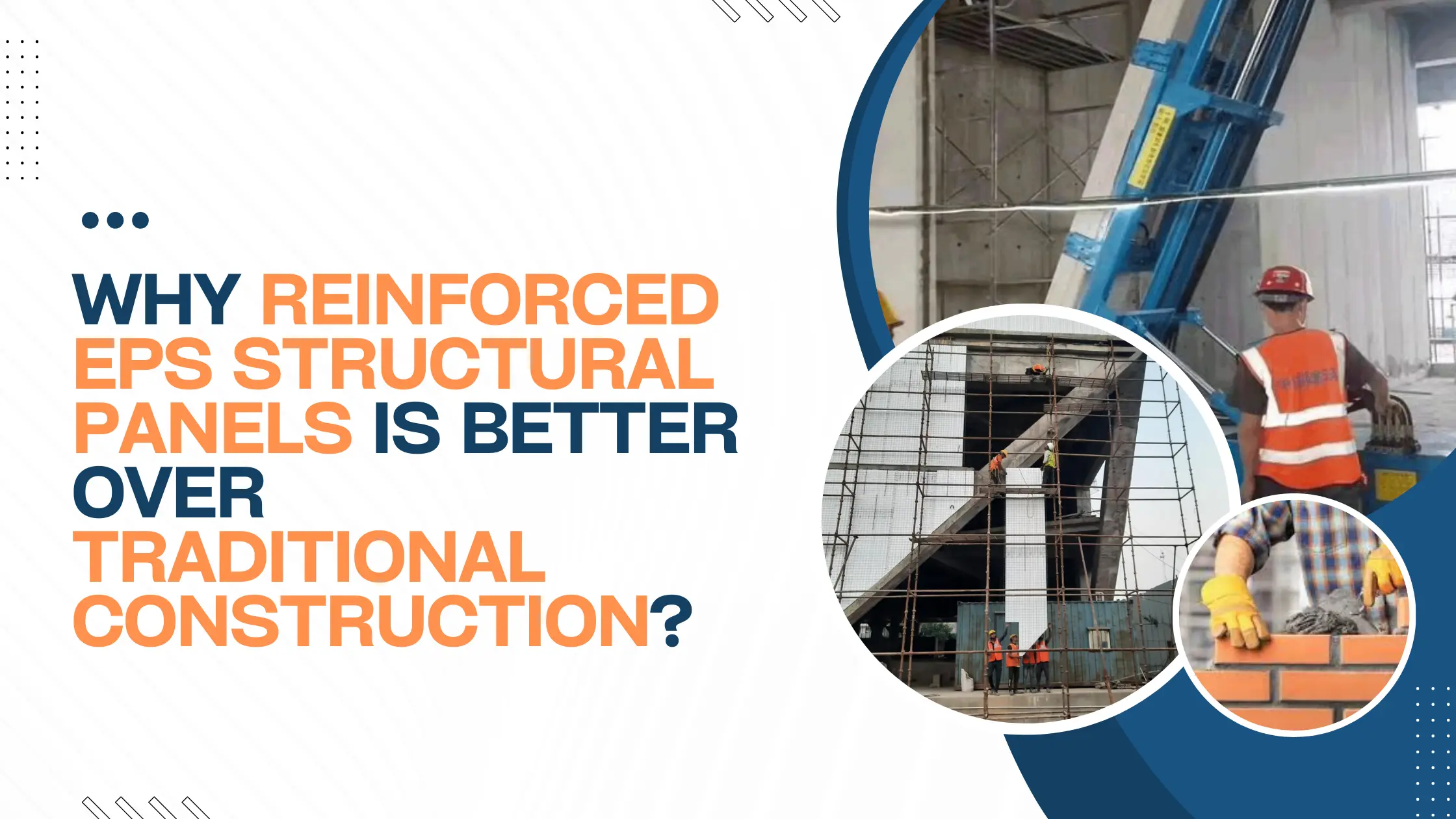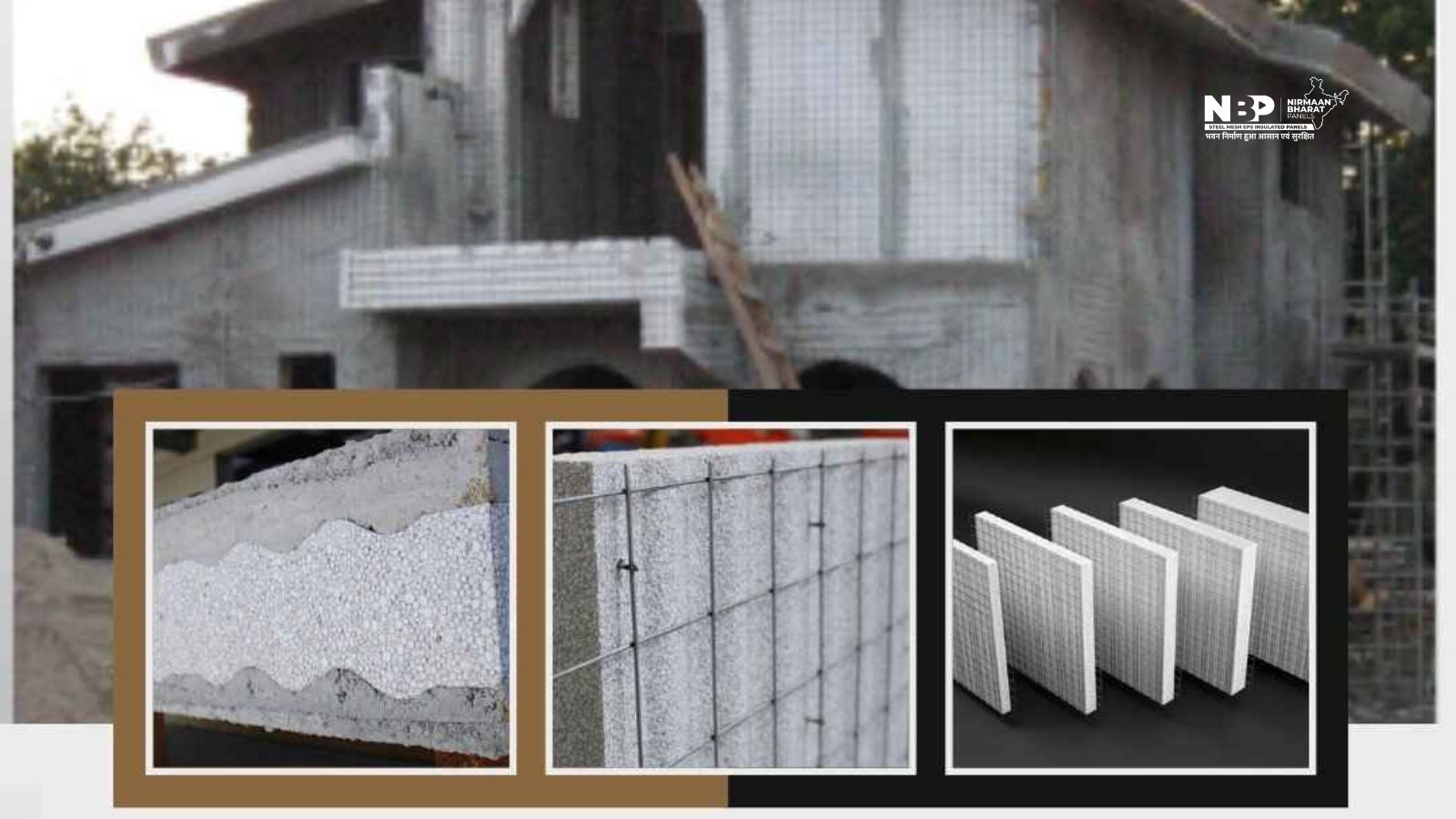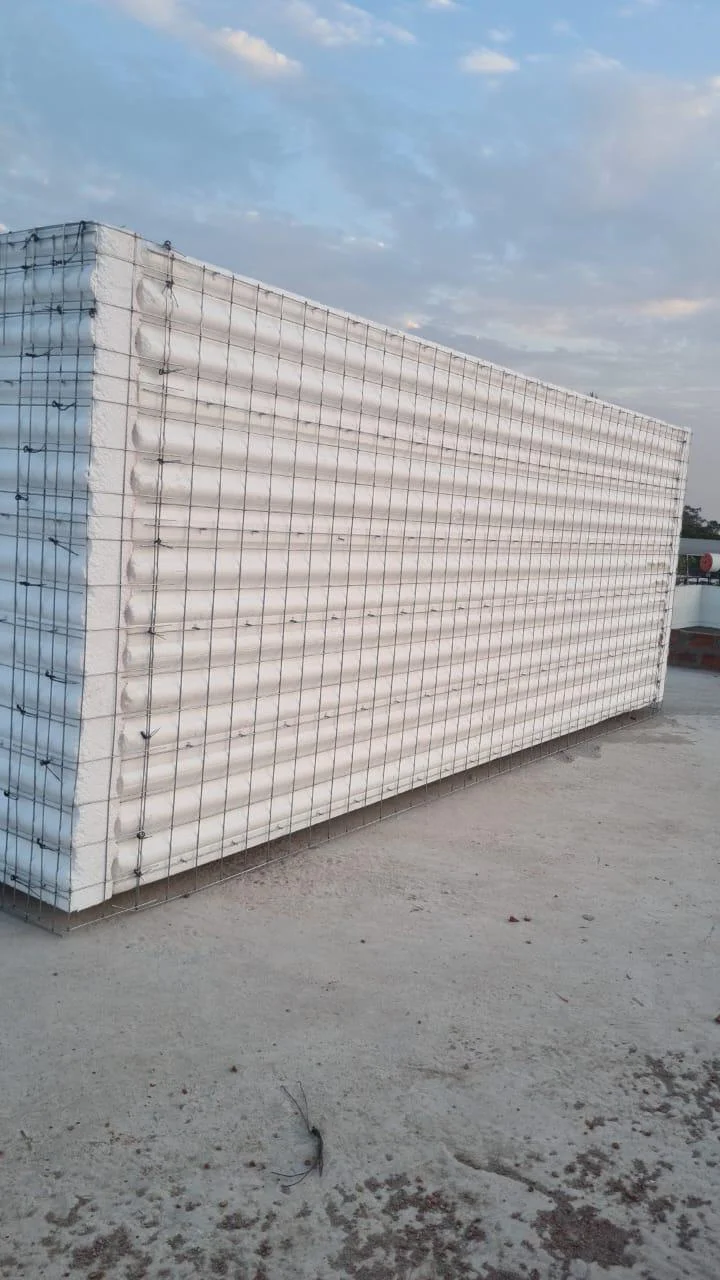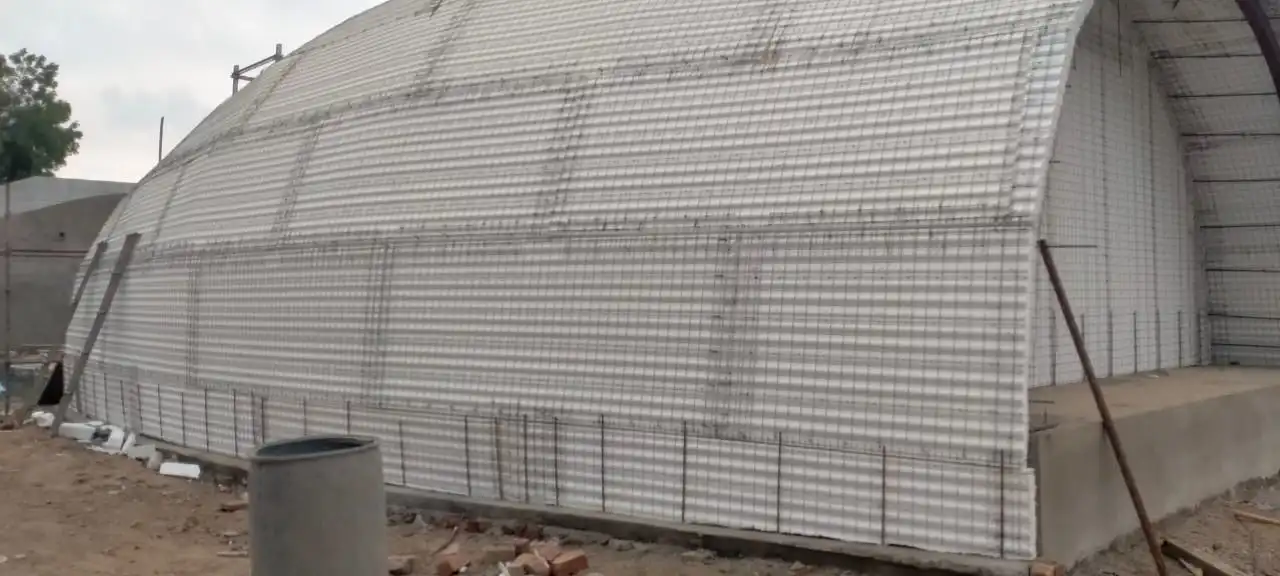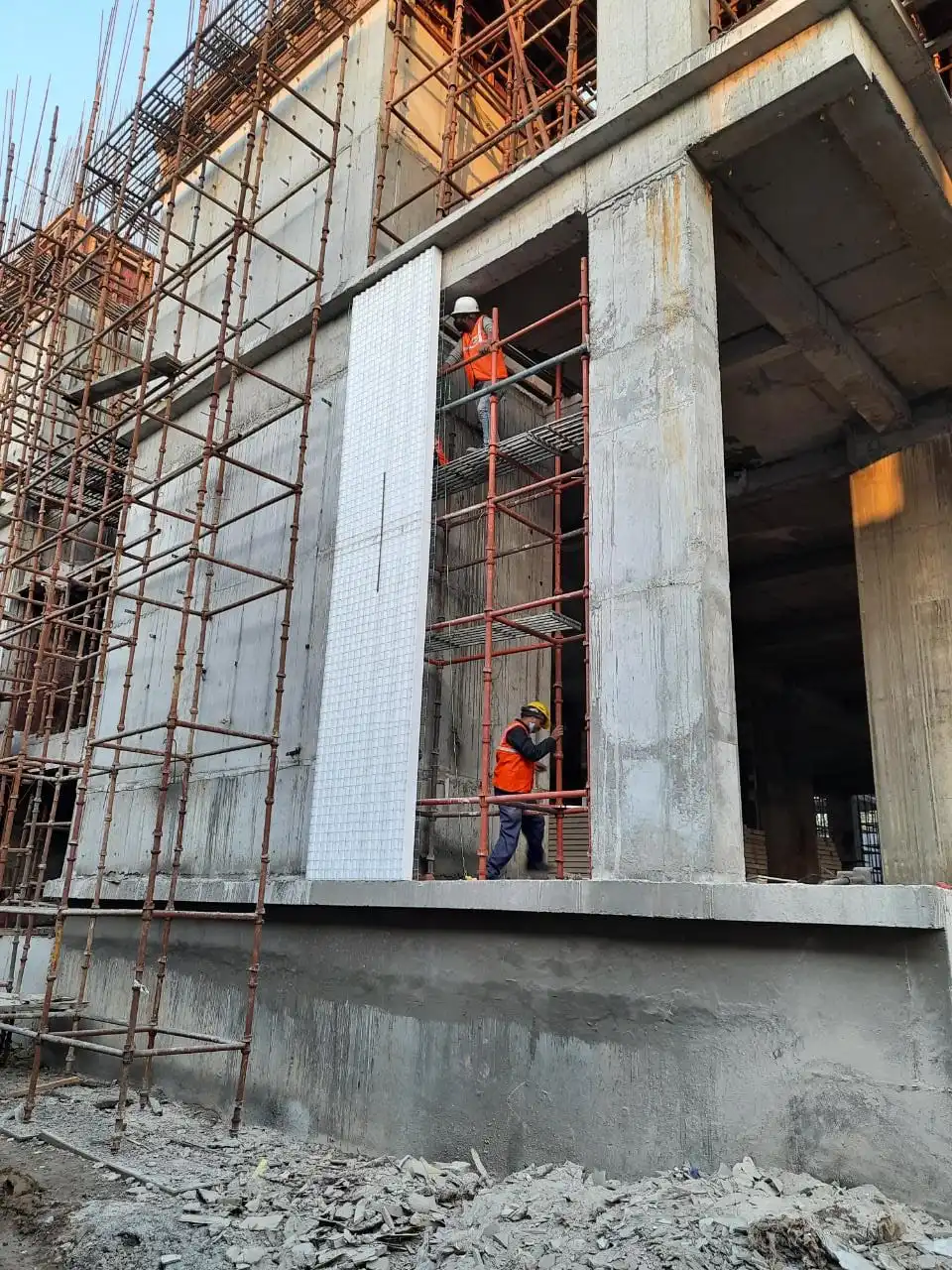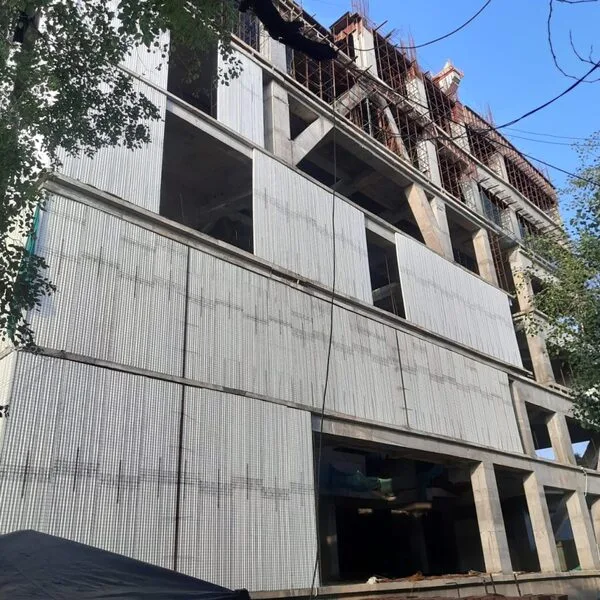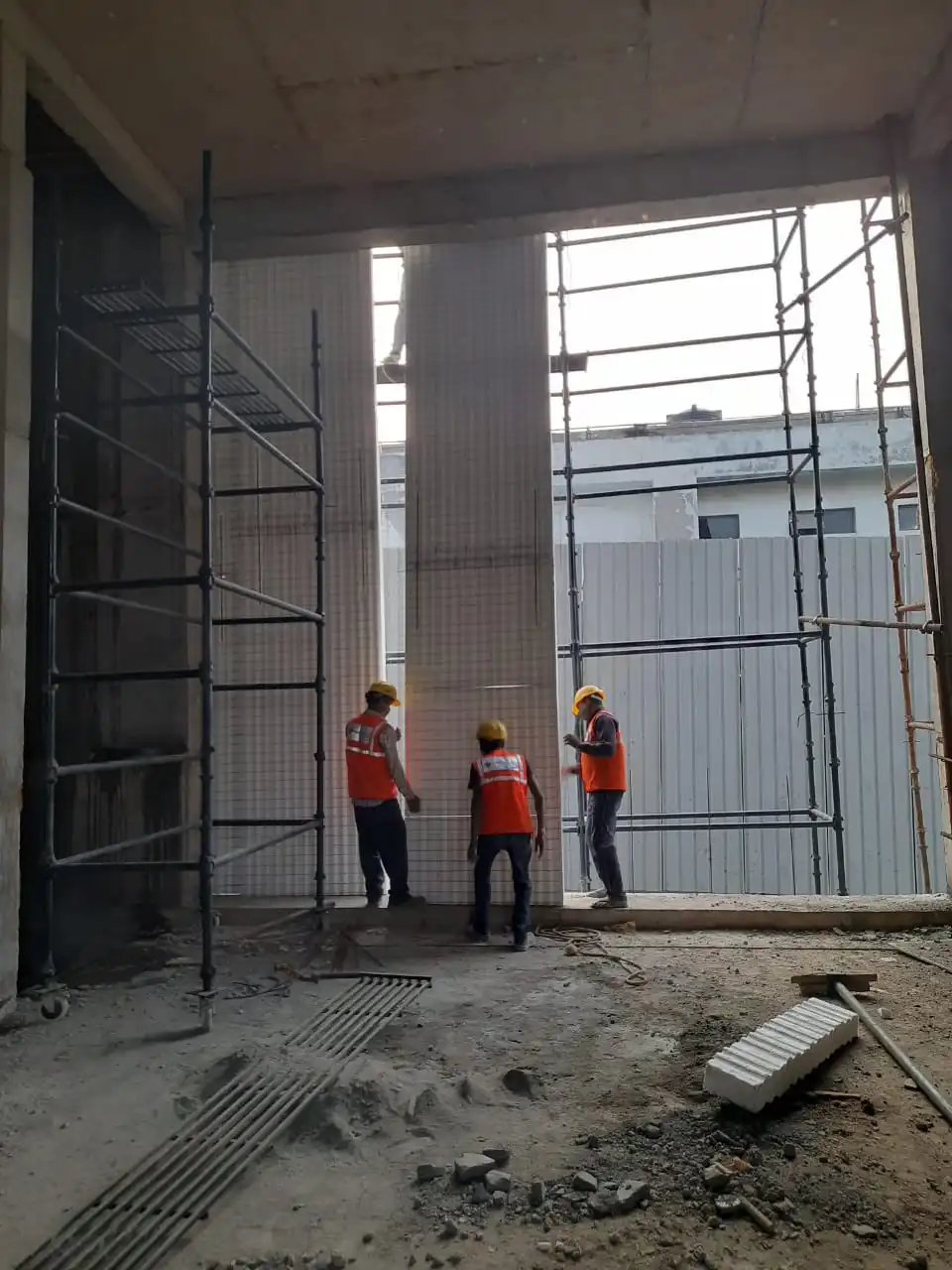Switching to Reinforced EPS Structural Panels: A User-Friendly Solution for Modern Construction
Prefabricated construction has become increasingly popular, with EPS panels emerging as the go-to choice for walls, roofs, and foundations in these structures. EPS insulated panels offer a host of advantages over traditional construction methods, revolutionizing both the building process and maintenance requirements.
Here are some key benefits of EPS panels compared to traditional construction methods:
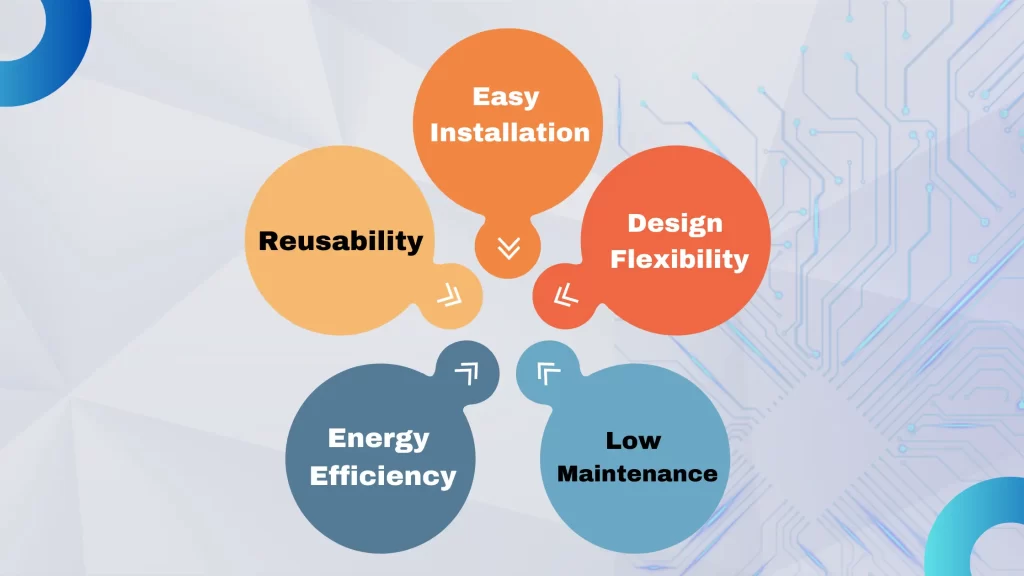
Cost Savings: EPS panels significantly reduce labor costs, as they can be assembled with minimal training and local support. Traditional construction, on the other hand, requires skilled labor and costly tools.
Easy Installation: Once EPS panels are fabricated, they can be easily transported and installed at the construction site without extensive preparation. Traditional construction necessitates careful site preparation before building.
Reusability: In prefabricated structures, EPS panels can be dismantled and reused elsewhere, minimizing waste. Traditional construction often results in a large amount of non-reusable material.
Low Maintenance: EPS panels require minimal maintenance, as they are easy to clean and maintain. Traditional constructions typically require regular upkeep and repairs.
Energy Efficiency: EPS panels provide excellent thermal insulation, leading to significant energy savings of up to 40-50% compared to traditional construction. This makes them ideal for soundproofing and heat reduction applications.
Design Flexibility: EPS panels come in various thicknesses, offering design flexibility and easy expansion options. Traditional construction may be more restrictive in terms of design modifications.

In conclusion, Reinforced EPS Structural Panels offer a superior alternative to traditional construction methods in prefabricated structures, providing cost-effectiveness, ease of installation, reusability, low maintenance, energy efficiency, and design flexibility.
FAQs
1. What are EPS panels?
EPS panels are prefabricated building materials commonly used in walls, roofs, and foundations of prefabricated structures. These panels are made of expanded polystyrene (EPS) foam core sandwiched between two facings, offering insulation and structural support.
2. How do EPS panels compare to traditional construction methods?
EPS panels offer several advantages over traditional construction methods. They are cost-effective, easy to install, reusable, require minimal maintenance, provide excellent thermal insulation, and offer design flexibility.
3. Are EPS panels suitable for all types of construction projects?
Yes, EPS panels are versatile and can be used in various construction projects, including residential, commercial, industrial, and institutional buildings. They are particularly well-suited for prefabricated construction due to their lightweight nature and ease of installation.
4. What are the cost savings associated with EPS panels?
EPS panels can lead to significant cost savings in terms of labor, material, and time. Assembling prefabricated structures with EPS panels requires less skilled labor and reduces construction time, resulting in overall cost savings.
5. How durable are EPS panels?
EPS panels are highly durable and long-lasting. They are resistant to moisture, mold, and pests, making them suitable for various environmental conditions. With proper maintenance, EPS panels can maintain their structural integrity for many years.
6. Can EPS panels be recycled?
Yes, EPS panels are recyclable and environmentally friendly. At the end of their lifespan, EPS panels can be recycled into new products, reducing waste and promoting sustainability.
7. What is the energy efficiency of EPS panels?
EPS panels provide excellent thermal insulation, leading to energy savings in heating and cooling costs. They help maintain stable indoor temperatures, reducing the need for heating and cooling systems and lowering energy consumption.
8. Are EPS panels customizable?
Yes, EPS panels are available in various thicknesses and sizes, offering flexibility in design and construction. They can be easily customized to meet specific project requirements and design preferences.
9. How do EPS panels contribute to sustainable construction?
EPS panels contribute to sustainable construction practices by reducing construction waste, promoting energy efficiency, and supporting recycling initiatives. Their lightweight nature also reduces the carbon footprint associated with transportation and installation.
10. Where can I find more information about EPS panels and their applications?
For more information about EPS panels and their applications in prefabricated construction, please visit our website or contact our team of experts. We are happy to provide detailed information and assistance tailored to your project needs.
Also Read
Revolutionizing Construction: Reinforced EPS Panels Manufacturing Company in Gujarat
EPS Panel Homes: Sustainable Construction Solutions for Modern Living


